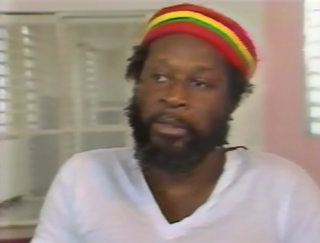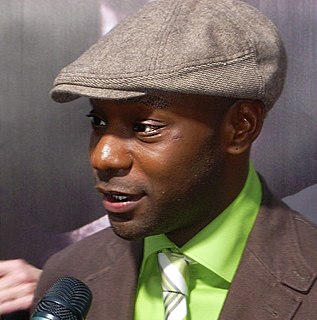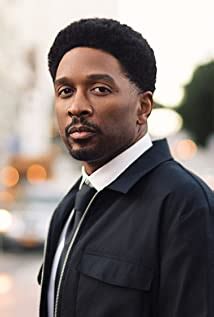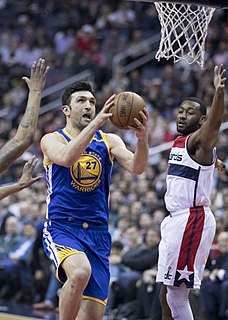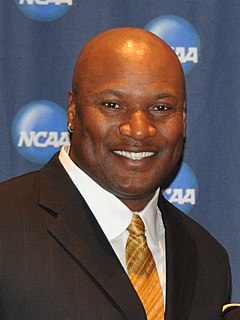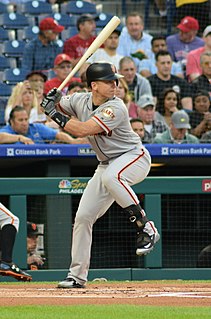A Quote by Kareem Abdul-Jabbar
But all was not sunshine and Marvin Gaye songs. [UCLA] also recruited black students as part of a High Potential Program that was meant to bring diversity to the campus. Two of the students that were part of that program were Alprentice "Bunchy" Carter and John Huggins, Jr., both members of the Black Panther Party's Southern California Chapter.
Related Quotes
In January of 1969, after a meeting to discuss the leadership of UCLA's new Afro-American Program, [Alprentice "Bunchy" Carter and John Huggins, Jr.] were murdered on campus by a rival black nationalist group, the United Slaves Organization. This shook up all the students, black and white, and made us all realize that what we were doing wasn't just an academic exercise, but had repercussions in the real world.
What kind of motivated me to join the Black Panther Party was that I, along with some of the comrades that I was working with in New York, had heard about the Black Panther Party, and they were doing things that we wanted to do in New York, and we thought that would be a better vehicle than the vehicle that we had going on in New York. They were better organized, and they already had their Ten-Point Platform and Program, and people already heard about them. So we decided that we would join the party, when given a chance.
In South Africa, being Chinese meant I wasn't white and I wasn't black. I trained in Baragwanath Hospital, the largest black hospital in South Africa. That was around 1976, the time of the Soweto Uprising, when police fired on children and students who were protesting. I was part of the group of interns who volunteered to treat them.
The Organization of Afro-American Unity was an organization that was a secular group. It largely consisted of people that we would later call several years later Black Powerites, Black nationalists, progressives coming out of the Black freedom struggle, the northern students' movement, people - students, young people, professionals, workers, who were dedicated to Black activism and militancy, but outside of the context of Islam.
There was a Yale even before Larry [Kramer] and I got there, and there were three designations of students: "white shoe," "brown shoe," and "black shoe." "White shoe" people were kind of the ur-preppies from high-class backgrounds. "Brown shoe" people were kind of the high school student-council presidents who were snatched up and brushed up a little bit to be sent out into the world. "Black shoe" people were beyond the pale. They were chemistry majors and things like that.
In 1967, the students at San Francisco State invited the poet Amiri Baraka to the campus for a semester. He attracted other influential black writers such as Sonia Sanchez, Ed Bullins, Eldridge Cleaver. What emerged was something we called the community communications program. That's how I got involved; I got involved in a little play.
In 1967, the students at San Francisco State invited the poet Amiri Baraka to the campus for a semester. He attracted other influential black writers such as Sonia Sanchez, Ed Bullins, Eldridge Cleaver. What emerged was something we called the community communications program. That's how I got involved; I got involved in a little play

